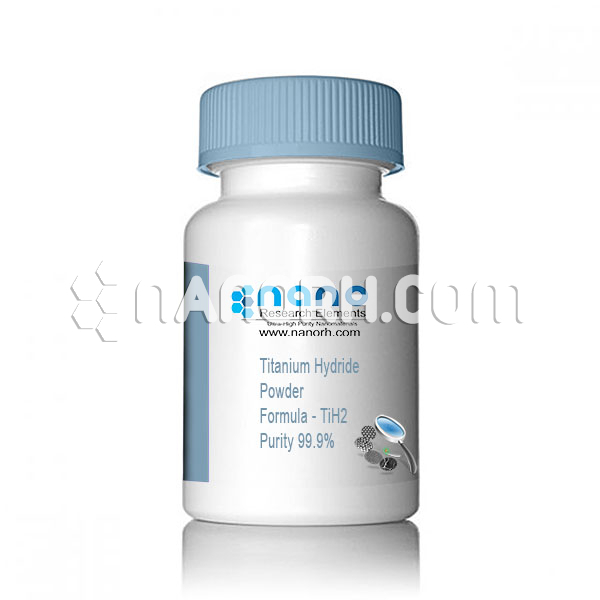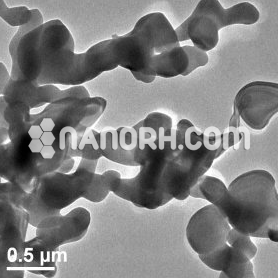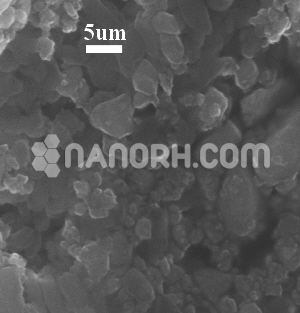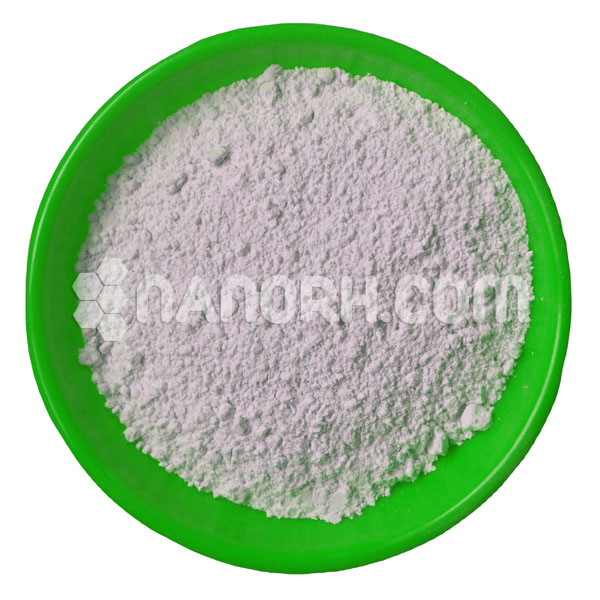Titanium Hydride Micropowder/Microparticles (TiH2, 99.9%, APS: <40um)
Titanium Hydride Micropowder(TiH2) Common applications include ceramics, pyrotechnics, sports equipment, as a laboratory reagent, as a blowing agent, and as a precursor to porous titanium. When heated as a mixture with other metals in powder metallurgy, titanium hydride releases hydrogen which serves to remove carbon and oxygen, producing a strong alloy.
| Titanium Hydride Micropowder | |
| Product No | NRE-11261 |
| CAS No. | 7704-98-5 |
| Formula | TiH2 |
| Molecular Weight | 49.88 g/mol |
| APS | <40um(can be customized) |
| Purity | 99.5% |
| Density | 3.76 g/cm3 |
| Color | Black |
| Melting Point | 350 °C |
| Boiling Point | NA |
Titanium Hydride Micropowder
This is a hydride metal formed from titanium and hydrogen. Titanium hydroxide is an active chemical that must be kept away from strong oxidants and high temperatures.
Because the titanium hydride powder (TiH2) is relatively stable in the air, titanium hydroxide can also be used to prepare hydrogen and titanium hydroxide. Titanium hydroxide can be obtained by reacting hydrogen with metal titanium directly. Above 300 ° C, the titanium metal can reversibly absorb the hydrogen and finally form a compound of the TiH2 formula. If heated to more than 1000 ° C, titanium hydride decomposes completely into titanium and hydrogen. At a sufficiently high temperature, the hydrogen-titanium alloy is in equilibrium with hydrogen, at which time the hydrogen partial pressure is a function of the hydrogen content and temperature in the metal.
Titanium hydride powder (TiH2) Common applications include ceramics, pyrotechnic articles, sports equipment, as a laboratory reagent, as a foaming agent and as a porous titanium precursor. When heated as a mixture of other metals in powder metallurgy, titanium hydride releases hydrogen which is used to remove carbon and oxygen, producing a strong alloy.




